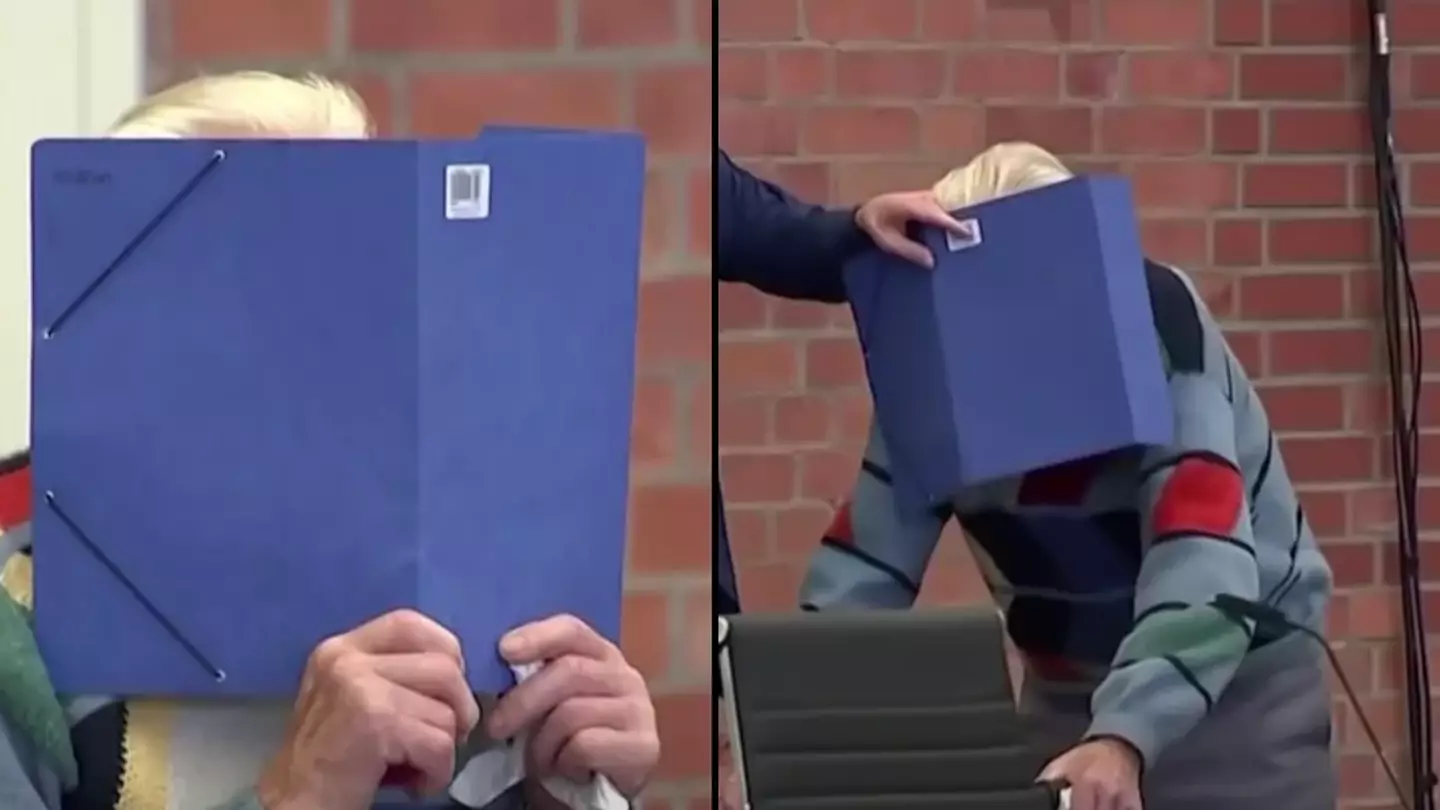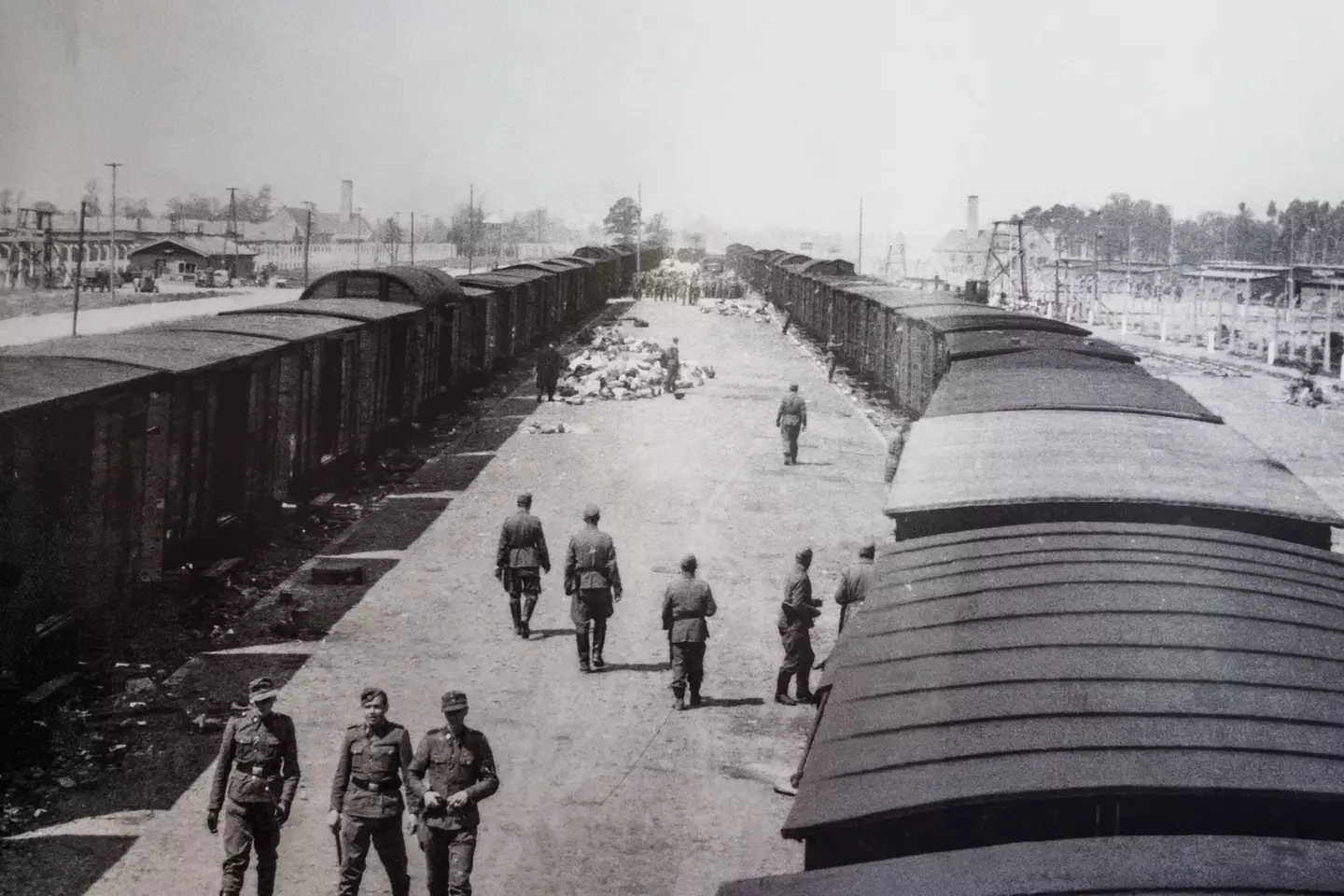
The oldest Nazi to have ever been prosecuted for Holocaust crimes has just died at the age of 102.
It's been announced today that Josef Schuetz, who was convicted last year on over 500 counts of accessory to murder for serving as a guard at a Nazi concentration camp during World War II, has passed away.
Schuetz was sentenced to five years in prison last year in June, but subsequently remained free pending appeal.
The centenarian denied any involvement working as a guard for the SS at the Sachsenhausen camp.
Advert
More than 200,000 people were imprisoned at the camp.
However, the state court in Neuruppin launched an investigation into the matter and found that an array of documents with the man's name, date and place of birth said otherwise.

According to the state court, the paperwork showed that Schuetz was a documented member of the Nazi Party's paramilitary wing based on the outskirts of Berlin between the years 1942 and 1945.
Prosecutors accused the man of aiding the 'execution by firing squad of Soviet prisoners of war in 1942' as well as murdering prisoners 'using the poisonous gas Zyklon B'.
Advert
Zyklon B, a cyanide-based pesticide, was the fatal chemical used to murder millions of Holocaust victims.
He would have been just a few years off from a teenager aged just 21 at the time
Schuetz denied working at the camp and seemingly showed no regret over the matter during his trial in Germany, where he told the court: "I don't know why I'm sitting here in the sin bin. I really had nothing to do with it."
Despite his claims, Presiding Judge Udo Lechtermann declared that the man had, in fact, been involved in the horrifying system rolled out by the Nazis.

Advert
He said: "The court has come to the conclusion that, contrary to what you claim, you worked in the concentration camp as a guard for about three years."
"You willingly supported this mass extermination with your activity," Lechtermann added at the time of the trial.
"You watched deported people being cruelly tortured and murdered there every day for three years."
A legal precedent which was first set some eight years ago in 2015 ruled that any individual who was found to have assisted at a Nazi camp could receive a prosecution in Germany for the crimes of being an accessory to the heinous crimes committed there.
Topics: Crime, World War 2